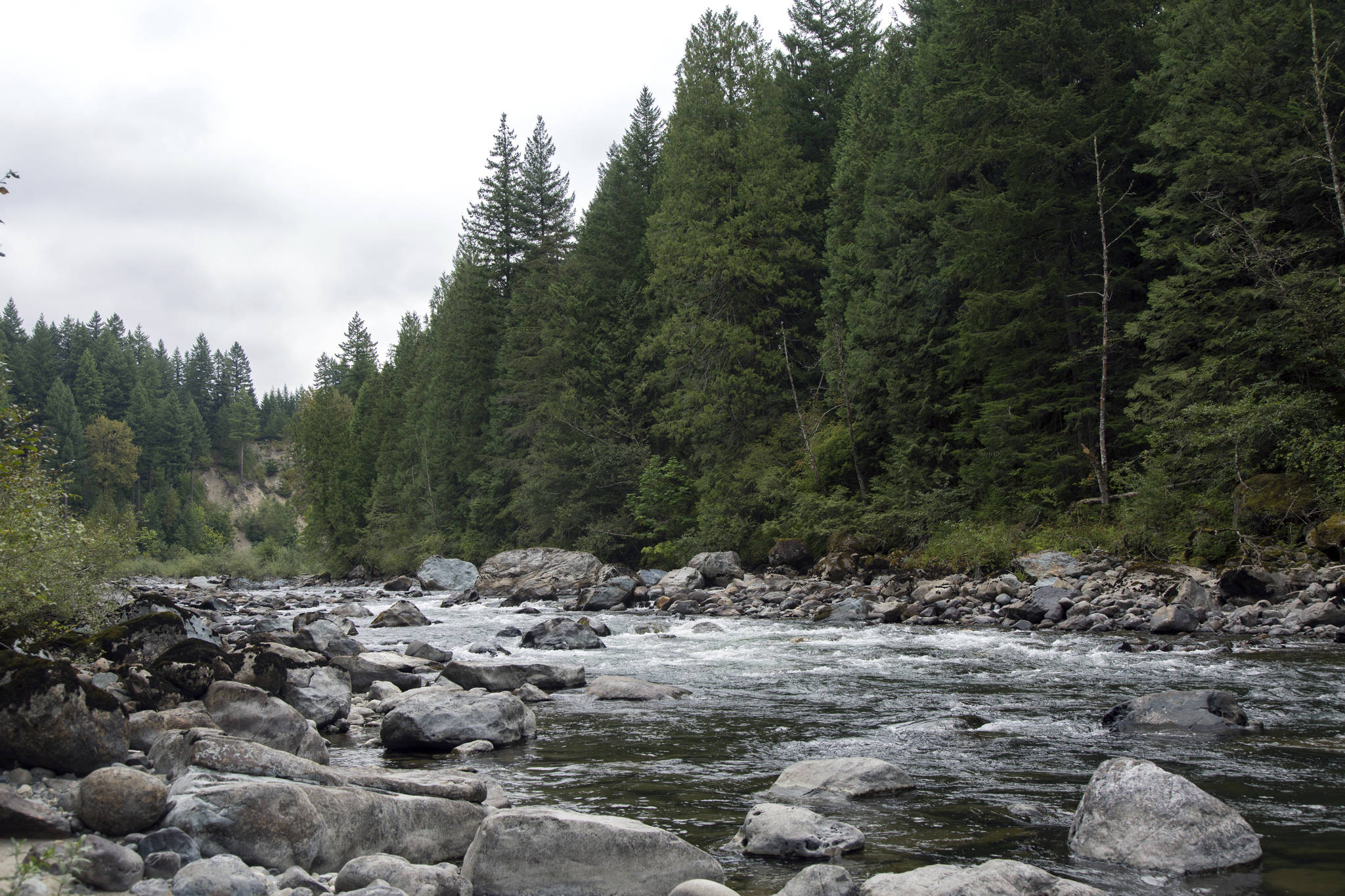North Bend will have annual water restrictions beginning on Aug. 15.
An ordinance enacting and outlining the water conservation efforts was approved by the North Bend City Council on June 16. It is a phased approach, that escalates restrictions depending on how severe the water shortage is during the late summer months.
Beginning August 15, the first phase automatically kicks in and homeowners can only water their yards at night. Water runoff is also prohibited. Hoses will be required to have automatic shut-off devices for all uses like watering lawns, washing cars or watering animal troughs.
The city will use water levels at the Masonry Pool – which partially runs off into the Snoqualmie River – to decide when to enact further water restrictions levels.
Further levels restrict what days lawns, landscapes and pastures can be irrigated.
The ordinance was approved 6-0. But some residents expressed their concerns about it.
Jean Buckner, president of Friends of the Snoqualmie Valley Trail and River, said her organization was opposed to the water conservation ordinance.
“This ordinance is not conservation in our opinion. This plan is really a water transfer plan. It appears you’re taking water from current residents so you can fuel future over-development,” she said.
The water restrictions would apply to customers of both North Bend and the Sallal Water Association, which has customers within city limits. Buckner said she viewed the city’s decision as part of a push for more development.
An investigation by this paper last year confirmed that the city had nearly met its development targets through 2031. While these aren’t upper limits, they do impact how the city and surrounding areas plan for growth.
She wants to see more attention paid to leakage. According to a report by Golder Associates from last October, the city’s total system leakage has been as high as 32 percent in recent years.
“Right now North Bend is hemorrhaging water,” Buckner said.
Council member Chris Garcia said at the previous meeting, the council approved a $600,000 a year package to fix and prevent leakage. Both the state Department of Ecology and Department of Health are monitoring the city.
“We don’t really love the fact that our leakage has gotten to this,” he said.
Since it exited a development moratorium in 2009 when the Centennial Well came online. The moratorium was enacted in 1999 due to the city exceeding its permitted amount of water. The city has been required to find two mitigation sources. These sources would be used during dry years, when the city exceeds the amount of water they’re permitted for.
The city still has not found a secondary mitigation source. It and the Sallal Water Association have been in negotiations for years trying to hash out a deal.
It has prompted concerns that North Bend is trying to take over service for the Sallal customers who reside in city limits.
At a June 2 city council meeting, several council members said they were not interested in taking over service for Sallal customers.
“There’s not a will of this council to take over the Sallal water unit,” Garcia said.


